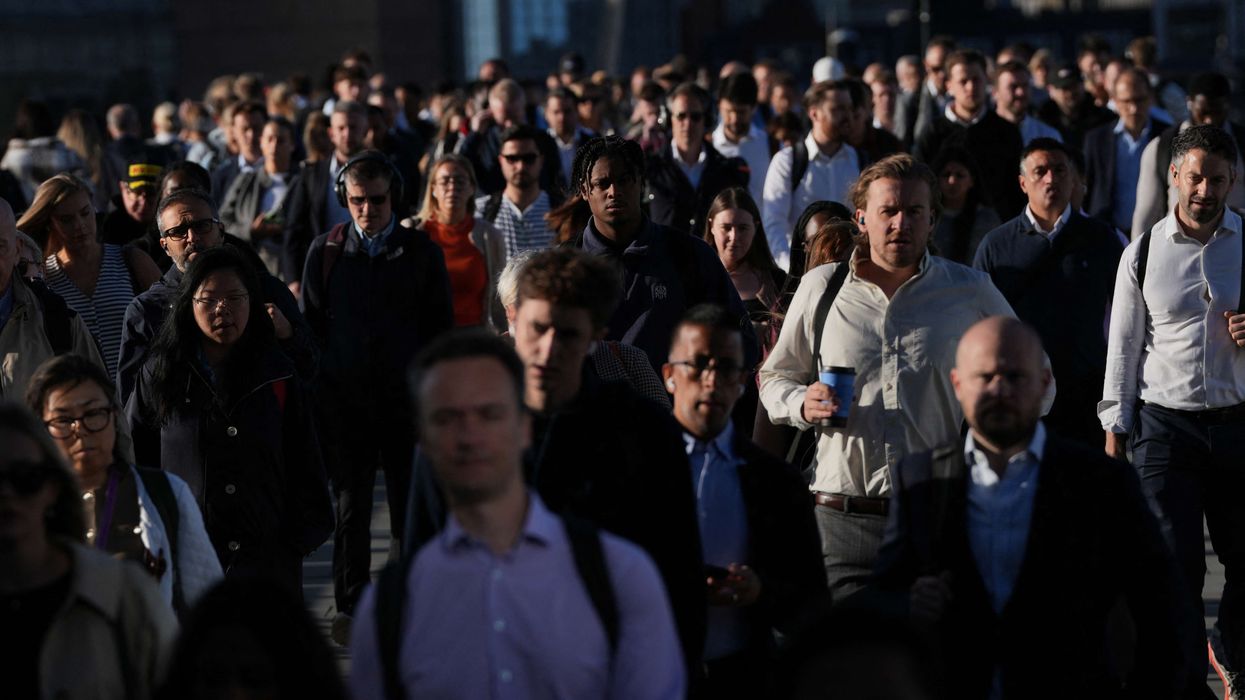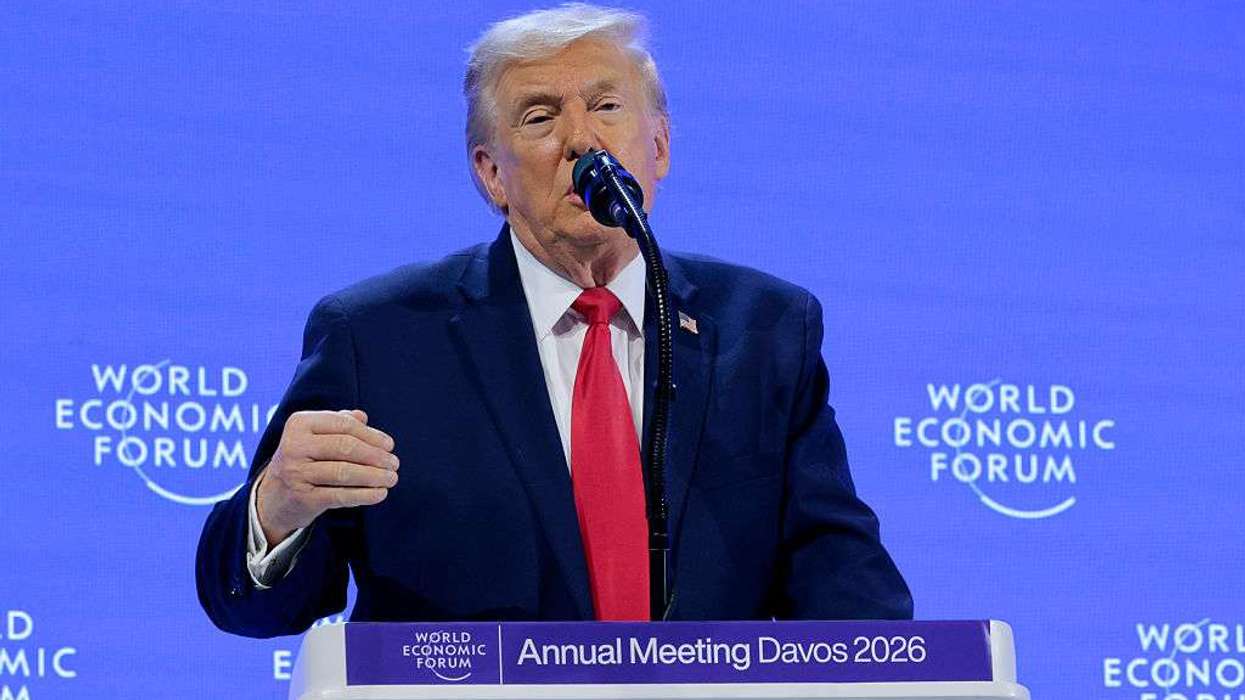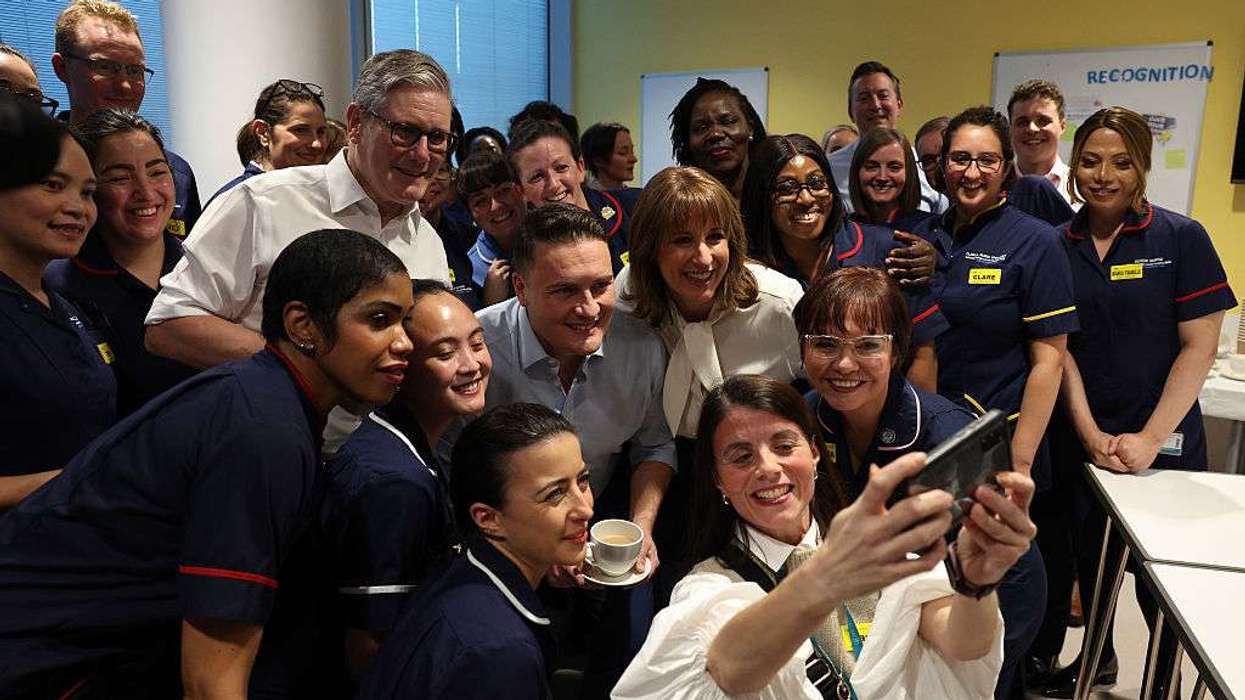WHAT is the best kept secret in British politics?
It must be falling immigration. Almost everyone knows that immigration hit record highs in the last parliament. Few people realise that the past couple of years have since seen some of the biggest ever reductions, too.
Having quadrupled after Brexit under then prime ministers Boris Johnson and Rishi Sunak, net migration has now fallen by more than two-thirds from its record peak. It more than halved in 2024 – and keeps falling in 2025. Yet, only one in six people realise that immigration went down last year. Most people think it kept rising – and more people think it will go up rather than down next year, too.
Politicians struggle for trust on immigration. Governments made high-profile promises they could not keep. Prime minister Sir Keir Starmer’s administration wanted numbers to fall and has exceeded the expectations of a sceptical public. Yet, few have noticed.
What is going on? It is more difficult to notice falling immigration than rising immigration. Ten million people in our society were born abroad. What is visible is the presence of immigration, and ethnic diversity more broadly. Annual changes are hard to perceive directly – so perceptions are often shaped by what people understand from politics and the media.
Home secretary Shabana Mahmood says immigration levels are dangerously out of control. This message has got louder as immigration numbers have fallen. Net migration has dropped by over half a million – yet, asylum claims have increased. The visible lack of control over small boats is driving the public politics of immigration much more than the overall number of people granted visas to live, work or study in Britain, and the public significantly overestimates the scale of asylum. Mahmood has made immigration her top priority – though her reforms will be judged not on their media reception this autumn, but whether these changes help restore control in the Channel.
The scale of public misperceptions is a challenge to the broadcast media – given that, unlike some vocal newspapers, they have a mission to inform and explain impartially.
Efforts are made to put the data in context. But the BBC’s immigration review noted how Westminster politics can drive immigration reporting, meaning larger flows than asylum – such as work and study – go under-reported.
It would be a mistake to write off the public as unengageable. British Future’s latest in-depth study of attitudes1 shows that views on immigration can polarise sharply between those of different political viewpoints, more than almost any other issue. Yet, it also uncovers much more nuance, beneath the noise, than politicians on all sides credit the public with.
A sixth of people have broadly rejectionist views of immigration. Reform leader Nigel Farage does reflect the views of the three in 10 people – including two-thirds of Reform UK voters – who say that immigration is not discussed enough. Yet Reform voters are outliers in the intensity and negativity of their views on immigration.
The British Future study shows that half the public are still ‘balancers’ on immigration – recognising pressures on housing from high immigration, but also gains for the NHS, universities and parts of the economy.
A majority do want numbers to come down – though only a quarter of the public support reductions to visas for study or most kinds of work. A quarter of people do not want any asylum seekers, but more want Britain to play a part by combining control with compassion. A ‘rights and responsibilities’ approach to citizenship makes sense, but the government’s proposals of settlement timelines of 15, 20 and even 30 years are tougher than what the public would think fair.
The Starmer government found it easy to say that net migration of close to a million was unsustainable – and is still saying so as the numbers fall back below pre-Brexit levels.
But it has not said what level of immigration it believes is sustainable. What if it was 200,000 – with political opponents saying it should be net 100,000, net zero or even lower, as Conservative MP and shadow justice secretary Robert Jenrick’s ‘decade of net emigration’ proposes?
A political auction, promising ever-lower numbers, often overlooks the means and the impacts of delivering on slogans about how low net migration could go. The ugly attempts this autumn to start a ‘deportation auction’ showed how politicians misjudge the public when they appeal to caricatures shaped by the loudest-voiced minority who can dominate social media and MPs’ inboxes.
Trade-offs matter in immigration policy, just as they do for taxation and spending. But there is no budget-style moment of parliamentary and public accountability. These can be challenging for governments – as the chancellor’s attempt to make the numbers add up this week showed. But a real-world politics of immigration requires a more transparent debate about how much immigration we need and want to keep, how to manage the pressures it brings, and how we maximise the benefits to Britain.
 Sunder Katwala
Sunder KatwalaThe author is the director of thinktank British Future and the author of the book How to Be a Patriot: The must-read book on British national identity and immigration.




